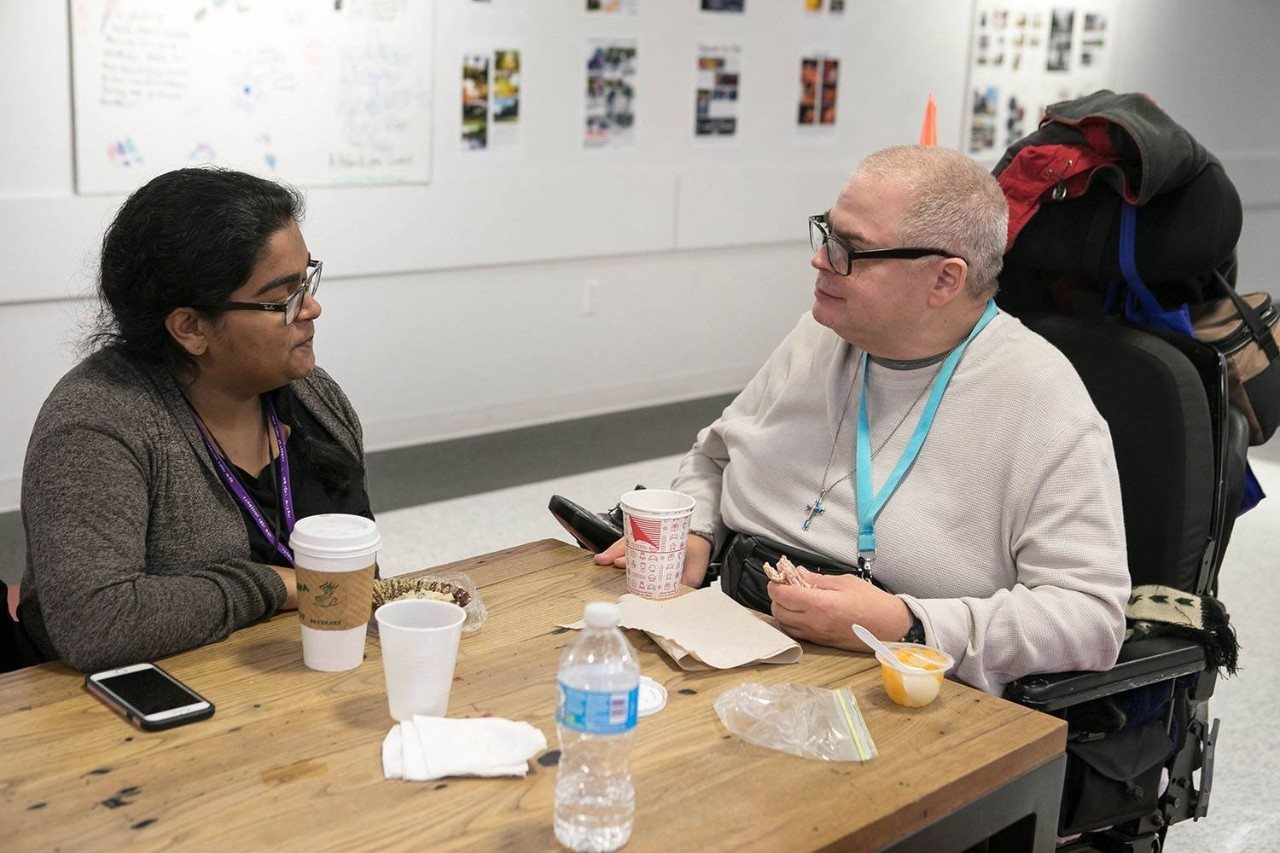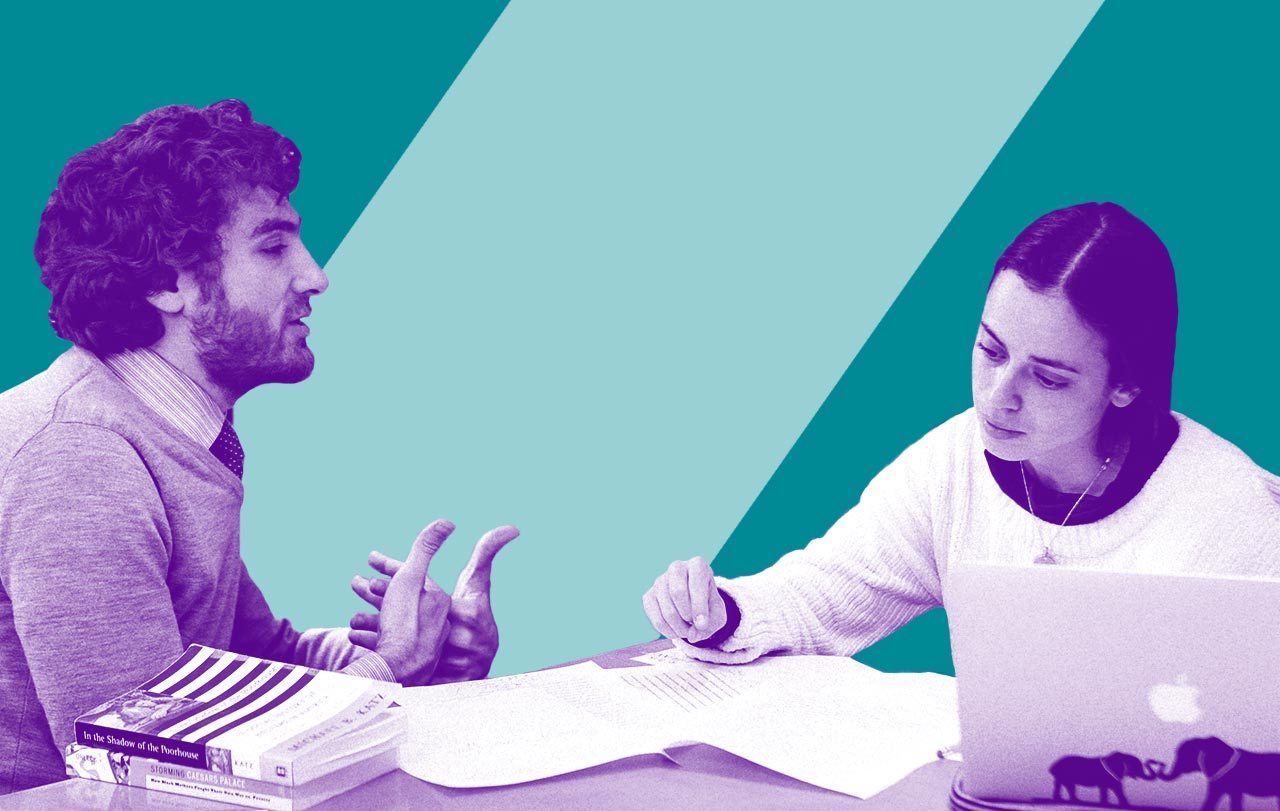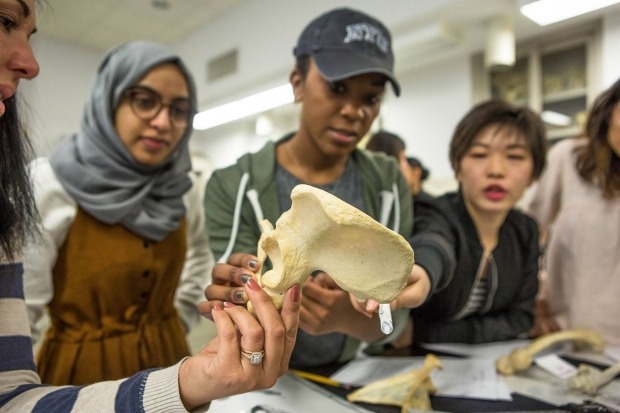
Professor Susan Anton’s Introduction to Forensic Anthropology course offers undergraduates an opportunity to learn the key concepts, theories, and methods used to recover, examine, and identify human skeletal remains in real-life legal cases. In the lab they practice these skills using animal and human skeletal material. Additionally, guest lectures from practicing forensic anthropologists lend perspective on the field.
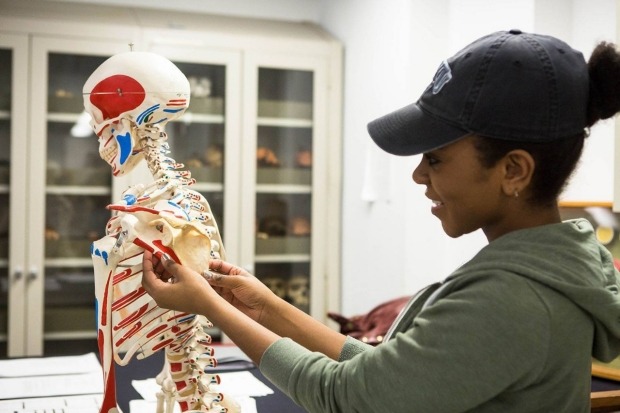
“One of the most rewarding class sessions is when we run biological profile labs. We use real bones to simulate a forensic crime scene,” explains teaching assistant Emma Kozitzky. She is a PhD candidate in Biological Anthropology. In the lab students estimate the sex, age, and stature of the human individual using techniques discussed in the class. “It’s an exciting novelty for many and a particularly moving experience for some,” Kozitzky says. For example: “A student might say, ‘This person was a young adult female, like me! What could have happened to her?’”
Kozitzky’s own research focuses on how to reconstruct the evolution of primates using the anatomy of bones and teeth. “Scientists in forensic anthropology use similar techniques that I use to look at extinct ape bones,” she reflects. “But the results of their work help people living today who have suffered trauma or lost a loved one.”
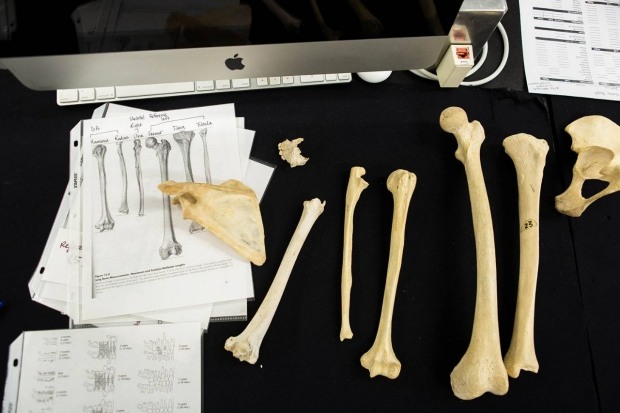
Anthropology at NYU
If this forensic anthropology course interests you, you might consider majoring in Anthropology. Anthropology not only asks broad questions concerning the origins and development of humans but also examines their divergent systems of thought, belief, and social order. NYU’s Department of Anthropology is one of the most renowned in the country. Not only that, but here, you can study all four areas of the discipline. And whether you’re interested in archaeology, biological anthropology, cultural anthropology, or linguistic anthropology, you’ll gain a comprehensive understanding of the field. What’s more, NYU has relationships with museums, zoos, and institutions across the New York area where you can learn from top scholars.
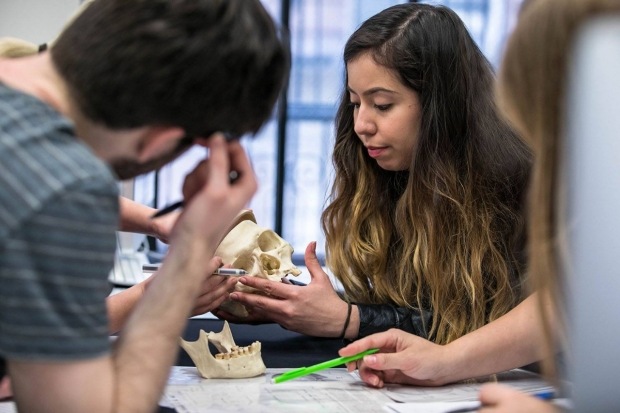
More Cool Courses
This Cool Course Dispatch is brought to you by Eileen Reynolds, Kate Lord, and the team at NYU News. From analyzing metaphorical monsters to disability studies, NYU students get hands-on experience—in and outside the classroom. Click through for more Cool Course Dispatches.

